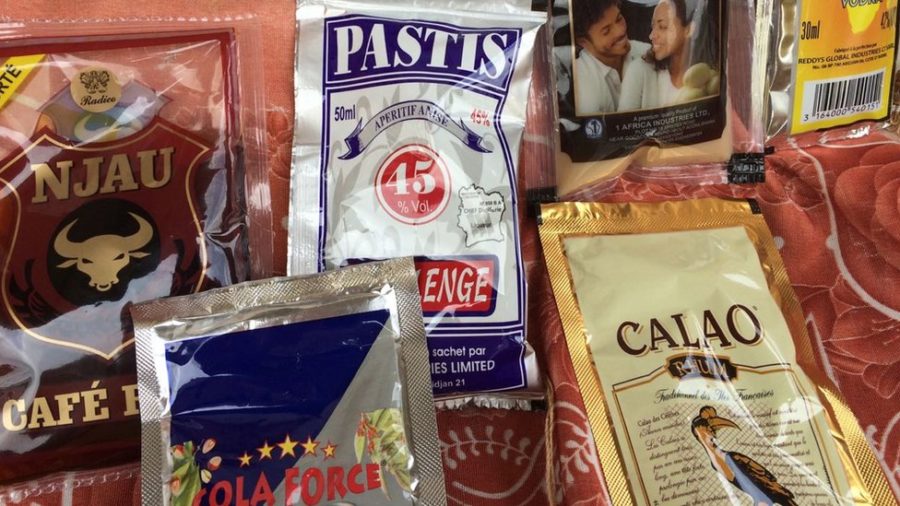Some civil society organisations (CSOs) have backed plans by the National Agency for Food and Drug Administration and Control (NAFDAC) to enforce the ban on small-sized sachet alcoholic beverages from December, citing public health concerns.
The CSOs, the Network for Health Equity and Development (NHED) and Corporate Accountability and Public Participation Africa (CAPPA) gave support in a joint statement issued by Mr Robert Egbe, Media and Communication Officer, CAPPA, in Port Harcourt, on Sunday.
The NHED and CAPPA described the ban as a “long-overdue public health intervention essential for safeguarding the well-being of Nigeria’s children, youths, and other vulnerable populations.
The groups said that the ban on small-sized alcoholic beverages (sachets, PET bottles, and glass bottles of 200ml and below), effective in December, was a step in the right direction.
They agreed with NAFDAC that the packaging, pricing, and aggressive marketing of these products had made highly potent alcohol dangerously accessible, especially to minors, contributing to rising addiction, social disorder, road crashes, and non-communicable diseases across the country.
Advertisement
Dr Jerome Mafeni, NHED’s Technical Director, emphasised that protecting lives must take precedence.
Mafeni said that the long-term social and economic costs of alcohol-related harm far outweigh any short-term profits that manufacturers seek to protect.
According to him, Nigeria currently bears the burden of increased alcohol-related violence, reduced productivity, escalating healthcare costs, and a rising addiction crisis among young people.
“These harms disproportionately affect poor and marginalised communities, who sachet alcohol products specifically target,” Mafeni said.
Also, Mr Akinbode Oluwafemi, the Executive Director of CAPPA, said that government regulation to protect public health should not be negotiable.
Advertisement
Oluwafemi emphasised that NAFDAC’s decision aligns with global best practices and mirrors what responsible governments worldwide have done to curb harmful alcohol consumption.
According to him, no credible public health agency anywhere will permit the continued marketing of such products in packaging designed to encourage unrestricted, on-the-go, and underage drinking.
He condemned the pushback from some alcohol manufacturers, particularly the claim by the Manufacturers Association of Nigeria (MAN) that the ban could lead to investment decline and retrenchment.
“We reject in its entirety the claims by MAN that the ban will trigger a loss of over N1.9 trillion in investment and lead to the retrenchment of over 500,000 workers.
“These figures are not only inflated and unverifiable, but they also represent a familiar scare tactic used by alcohol and tobacco corporations globally whenever governments attempt to regulate harmful products,” he said.
NHED and CAPPA commended NAFDAC for resisting corporate bullying and standing firmly on the side of science, public health, and national interest.
He called on the Federal Ministries of Health and Finance, the Standards Organisation of Nigeria (SON), and the National Orientation Agency (NOA) to rally behind the agency and ensure seamless implementation of the ban.
Oluwafemi urged the government to implement additional alcohol control measures, including taxation, stricter marketing regulations to protect children, clear labelling, and nationwide sensitisation on alcohol-related harm.
Advertisement
“We call on President Bola Tinubu and the National Assembly to see through the industry’s theatrics and avoid any attempt to suspend, water down, or delay this life-saving policy.
“The well-being of over 200 million citizens must not be sacrificed at the altar of corporate profit,” he said.

